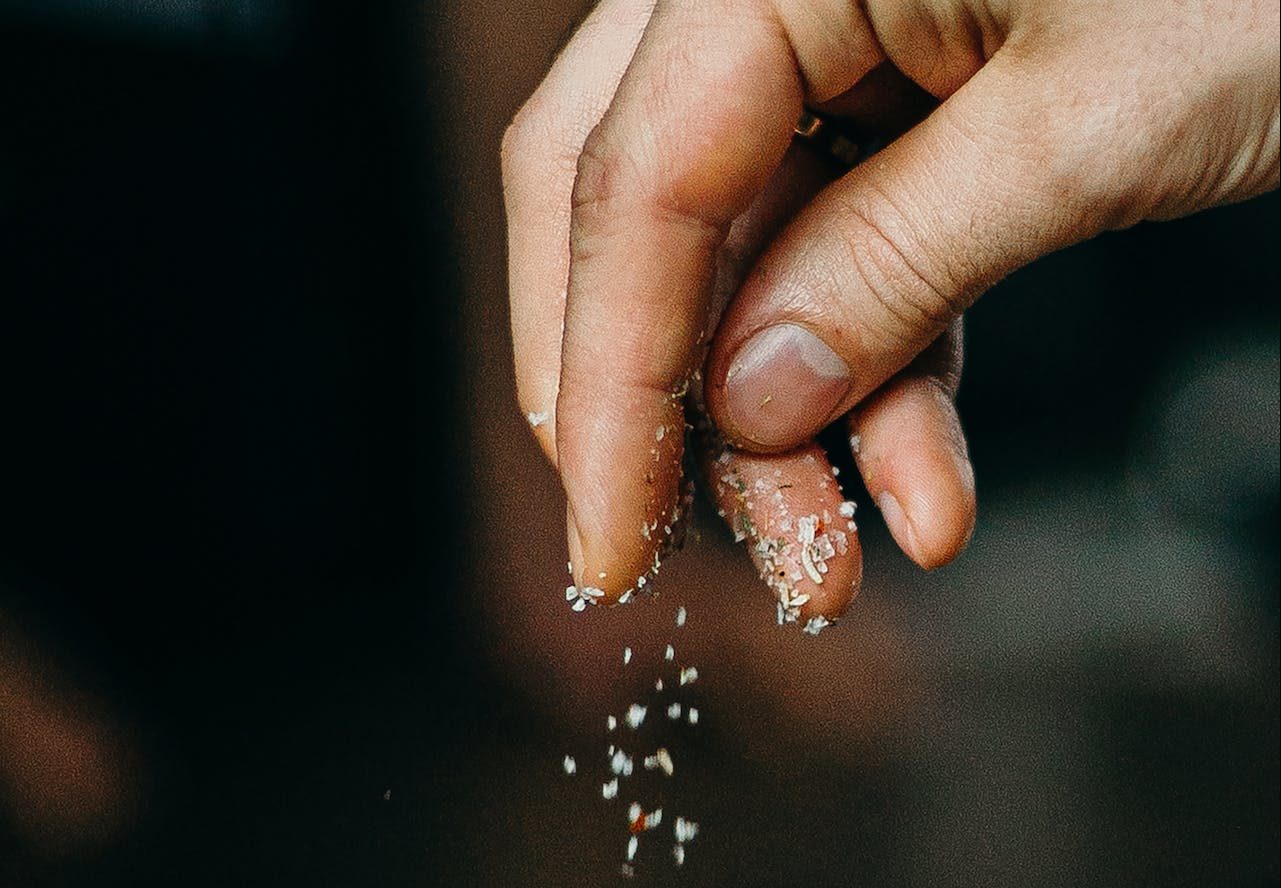Over 400 million people worldwide are currently living with type 2 diabetes, with the number projected to hit over 600 million by 2030. To mitigate these numbers, there have been studies examining how diet influences diabetes risk, with carbs and sugars being a common culprit.
Yet, a recent study has found that it’s not just sweet stuff that can raise your risk, as salt may also play a role in the development of type 2 diabetes.
Salt vs. Type 2 Diabetes
Research into how salt and sodium intake may contribute to the development of type 2 diabetes is almost non-existent.
To fill this gap, a group of researchers from Tulane University collected data on 402,982 diabetes-free adults, aged 37 to 73, courtesy of the UK Biobank, from March 2006 to October 2010.
The researchers then divided participants into four groups, based on their dietary salt habits;
- “never/rarely” added salt to foods
- “sometimes” added salt to foods
- “usually” added salt to foods
- “always” added salt to foods
The participants were then tracked for a mean of 11.9 years, during which 13,120 of them had developed type 2 diabetes.
Salty Lovers Face Type 2 Diabetes Risk
“We already know that limiting salt can reduce the risk of cardiovascular diseases and hypertension, but this study shows for the first time that taking the saltshaker off the table can help prevent Type 2 diabetes as well,” –Dr. Lu Qi, PhD, lead study author
Per the findings of the study, published in the Mayo Clinic Proceedings, participants who “sometimes,” “usually,” or “always” added salt to their foods faced a 13%, 20%, and 39% increased risk of developing type 2 diabetes, compared to participants who “never” or “rarely” added salt to their foods.
Dr. Qi is also the director of the Tulane University Obesity Research Center and a professor at the School of Public Health and Tropical Medicine. He shared that the people who routinely add salt to their foods may also be following a high-calorie diet, resulting in weight gain, and thus an increased type 2 diabetes risk,
“Our study suggests that high adiposity related to adding salt to foods may partly account for the observed associations,” he said to Health. Dr. Qi also added that inflammation may also be another reason behind the findings, but more research is needed to confirm this.
Reducing Salt Intake
While diabetes is a serious health concern, it’s important to remember that the latest research is observational. As it fails to prove causation, further studies are needed.
That said, the findings are a wake-up call for those individuals who may be consuming too much salt.
The American Heart Association recommends no more than 2,300 milligrams (mg) a day, yet we’re eating an average of 3,400 mg of sodium per day. That’s a lot of salt!
While we may not know if salt influences diabetes risk, we do know that excess consumption can increase your risk of hypertension, heart disease, kidney disease, and stroke.
If you’re looking to cut back on your salty habits, we recommend that you cut back on your consumption of processed foods. According to the American Heart Association, Americans consume 75% of their daily sodium from processed foods like soups, tomato sauces, condiments, and canned goods.
If you are going to buy processed food, please read food labels and only buy products with 5% or less of the Daily Value (DV) and avoid 20% DV or more.
You can also make some changes in the kitchen, as you can still add flavor to your foods, without compromising your health. Herbs and spices like oregano, paprika, parsley, thyme, sage, turmeric, and saffron can each work to enhance the flavor of your dishes, all without you adding more than a dash of salt. Lemon, garlic, onions, and lime juice can also add flavor to your foods.
Want to know more?
Your salty habits aren’t the only thing you need to worry about when it comes to your type 2 diabetes risk. According to a recent study, eating red meat twice a week may also increase the risk of type 2 diabetes.
References
Wang X, Ma H, Kou M, et al. (2023). Dietary sodium intake and risk of incident type 2 diabetes. Mayo Clin Proc.doi:10.1016/j.mayocp.2023.02.029



